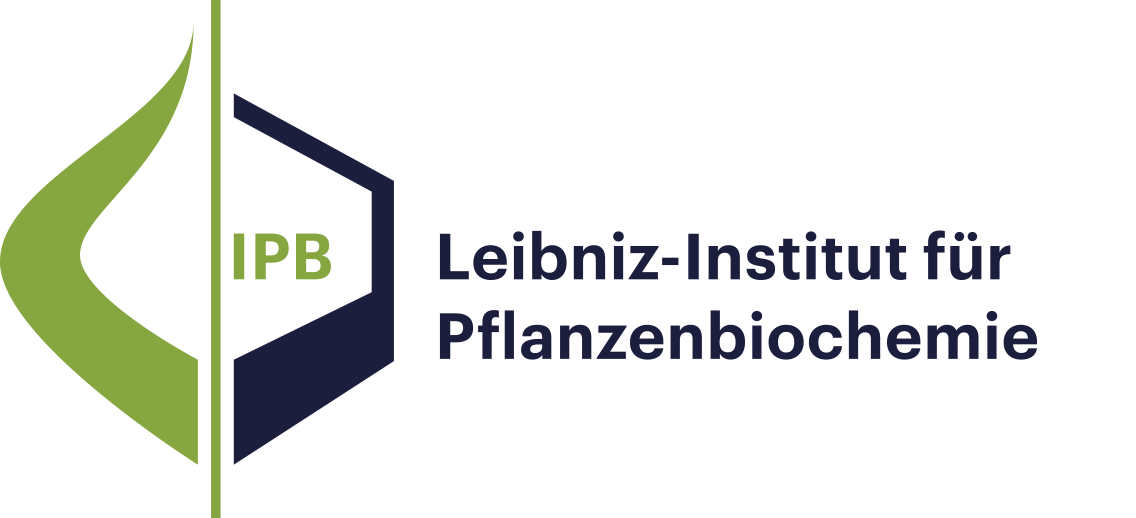Publikationen - Molekulare Signalverarbeitung
- Ergebnisse als:
- Druckansicht
- Endnote (RIS)
- BibTeX
- Tabelle: CSV | HTML
Publikation
Diese Seite wurde zuletzt am 15 Aug 2012 geändert.
Leitbild und Forschungsprofil
Molekulare Signalverarbeitung
Natur- und Wirkstoffchemie
Biochemie pflanzlicher Interaktionen
Stoffwechsel- und Zellbiologie
Unabhängige Nachwuchsgruppen
Program Center MetaCom
Publikationen
Gute Wissenschaftliche Praxis
Forschungsförderung
Netzwerke und Verbundprojekte
Symposien und Kolloquien
Alumni-Forschungsgruppen
Publikationen
Publikationen - Molekulare Signalverarbeitung
Publikation
A somatic embryogenesis receptor kinase like (SERKL) cDNA, designated PhSERKL, was isolated from date palm (Phoenix Dactylifera L) using RACE PCR. PhSERKL protein shared all the characteristic domains of the SERK family, including five leucine-rich repeats, one proline-rich region motif, a transmembrane domain, and kinase domains. Phylogenetic analyses using PHYLIP and Notung 2.7 programs suggest that the SERK proteins of some plant species resulted from relatively ancient duplication events. We predict an ancestor protein of monocots and dicots SERK using FASTML program. Somatic embryogenic cultures of date palm were established following transfer of callus cultures to medium containing 2, 4-dichlorophenoxyacetic acid. The role of PhSERKL gene during establishment of somatic embryogenesis in culture was investigated using quantitative real-time PCR. PhSERKL gene was highly expressed during embryogenic competence acquisition and globular embryo formation in culture. Overall, levels of expression of PhSERKL gene were lower in nonembryogenic tissues and organs than in embryogenic callus.
Diese Seite wurde zuletzt am 15 Aug 2012 geändert.

